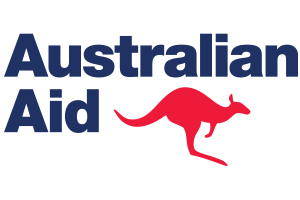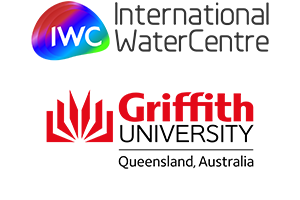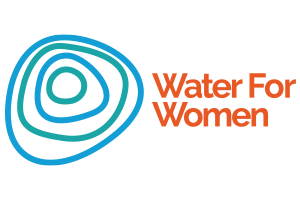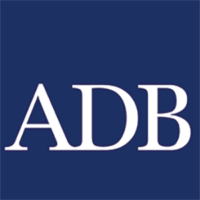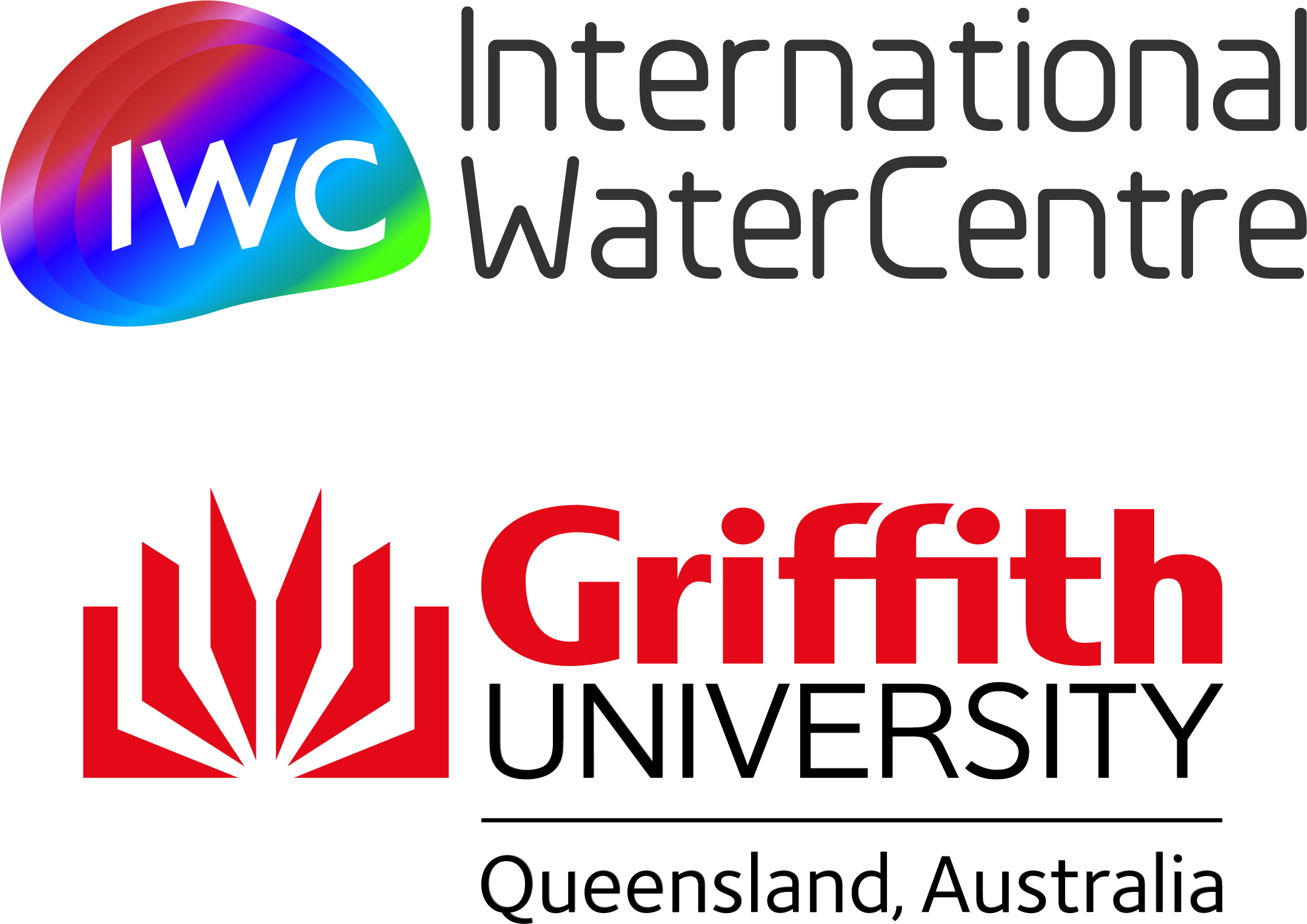Oral Presentations:
Climate-resilient WASH in practice
A range of climate-adaptation measures to WASH services are already being successfully implemented. Many of these seek to ensure the benefits are universal and socially inclusive, and are finding ways to manage with the high uncertainty about the nature of specific climatic changes. Sharing of lessons amongst WASH programmers and practitioners is needed given the urgency to adapt WASH systems for climate change, and timely given there are lessons emerging from progress already made to achieve this.
Whilst this a significant achievement and will deliver benefits for many people and communities, the scale and nature of WASH adaptations are currently insufficient to adequately respond to the growing challenges of climate change – they are incremental rather than transformative. Further exacerbating this incremental change is the inequalities in adaptation progress that is emerging: the largest adaptation gaps exist among lower income population groups, who often have a lower capacity to cope with climate impacts and a higher exposure to climate hazards. A shift to transformative WASH adaptations to climate change is required if universal WASH adaptation is to be achieved. This means there is a clear need for WASH policies and practices that support transformation – that is, address underlying social and political aspects that are driving inequitable, short-term, unsustainable and small-scale WASH adaptation.
PLEASE NOTE: to listen to the Audio PDF’s, you will need to download the file to your computer and open with Adobe PDF. Unfortunately web browsers do not allow you to play audio when viewing an Audio PDF within the browser.

